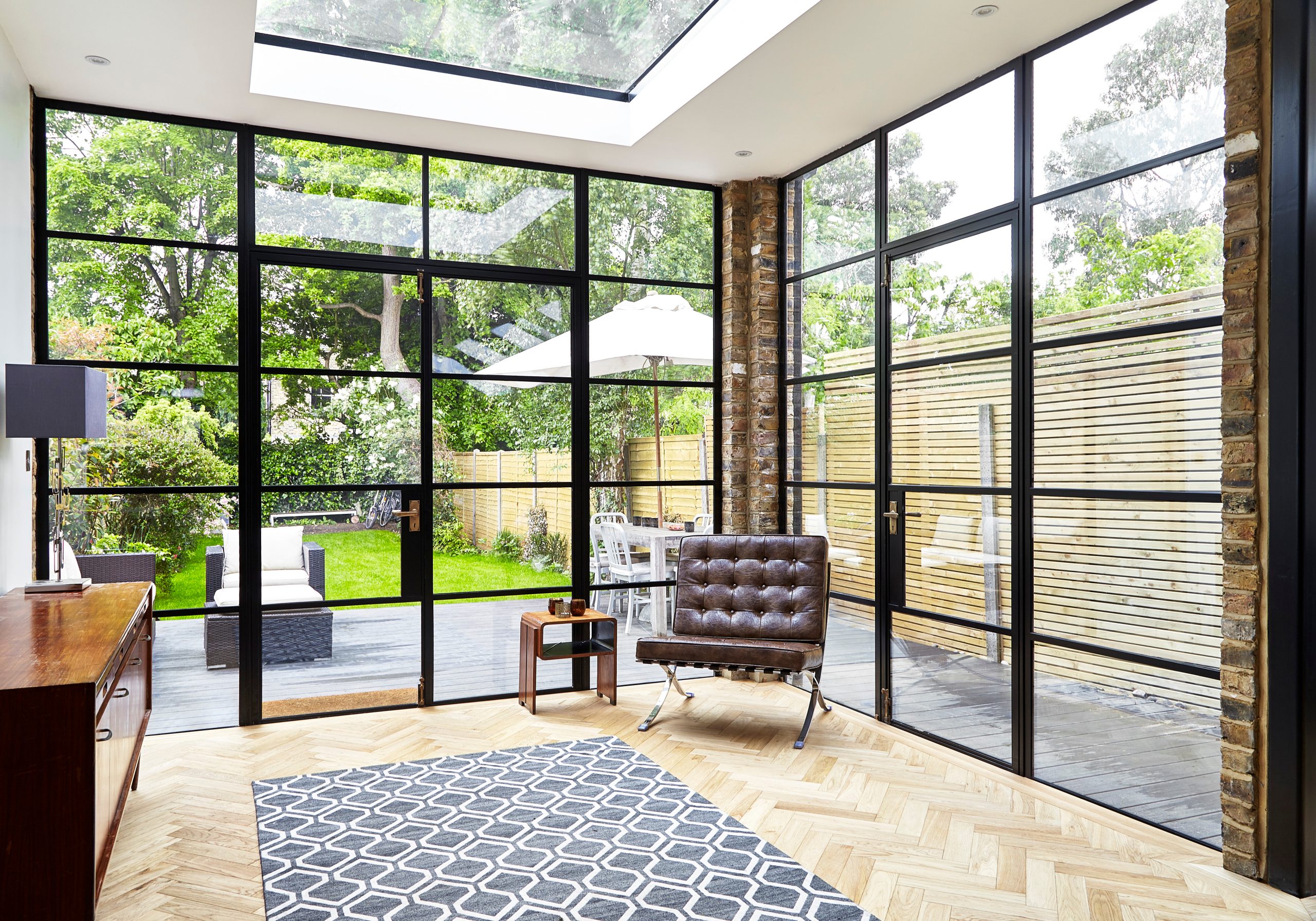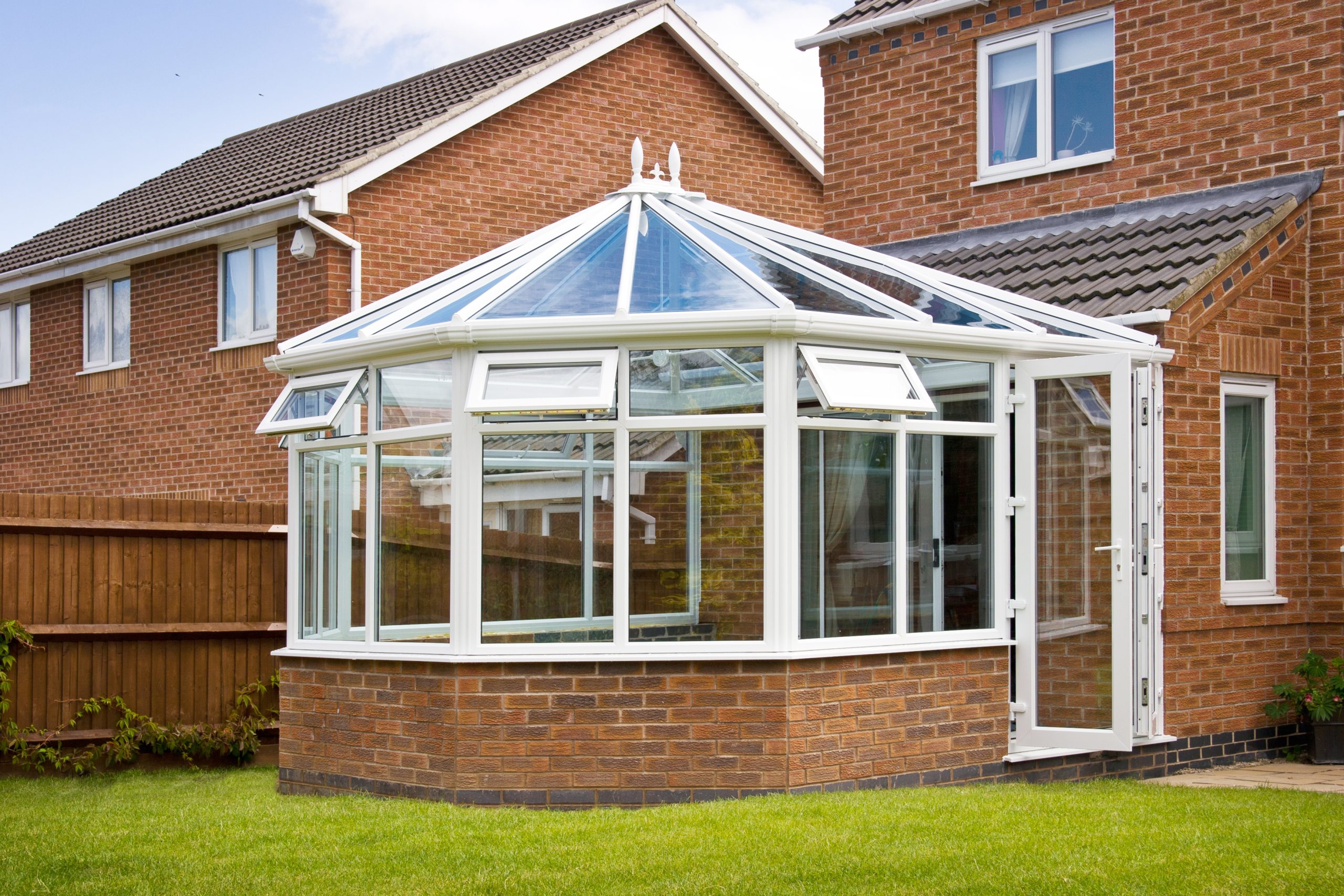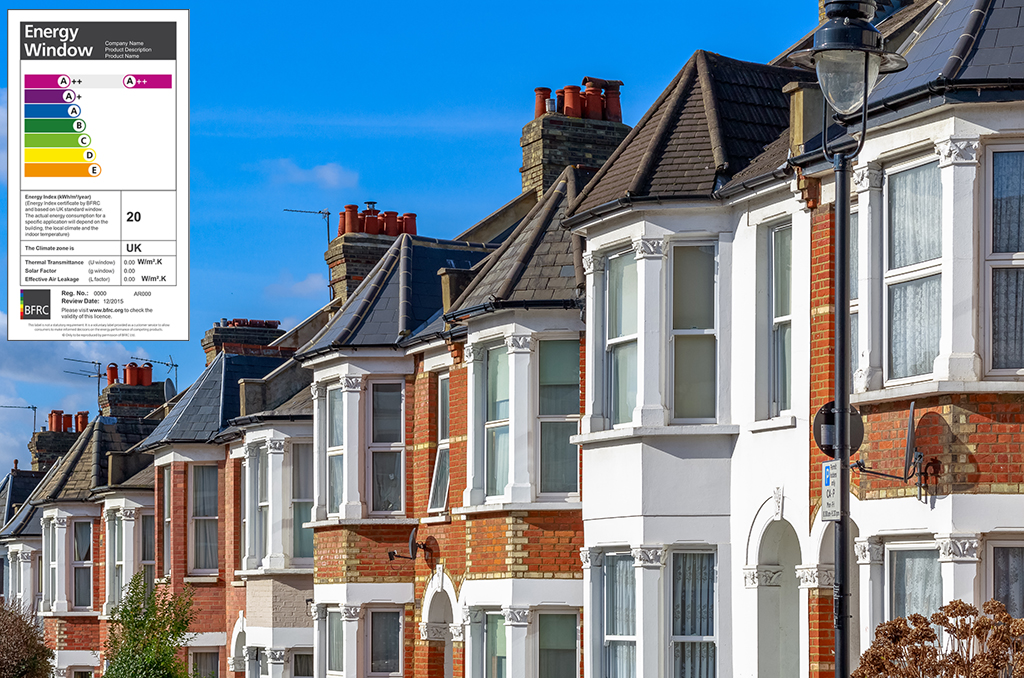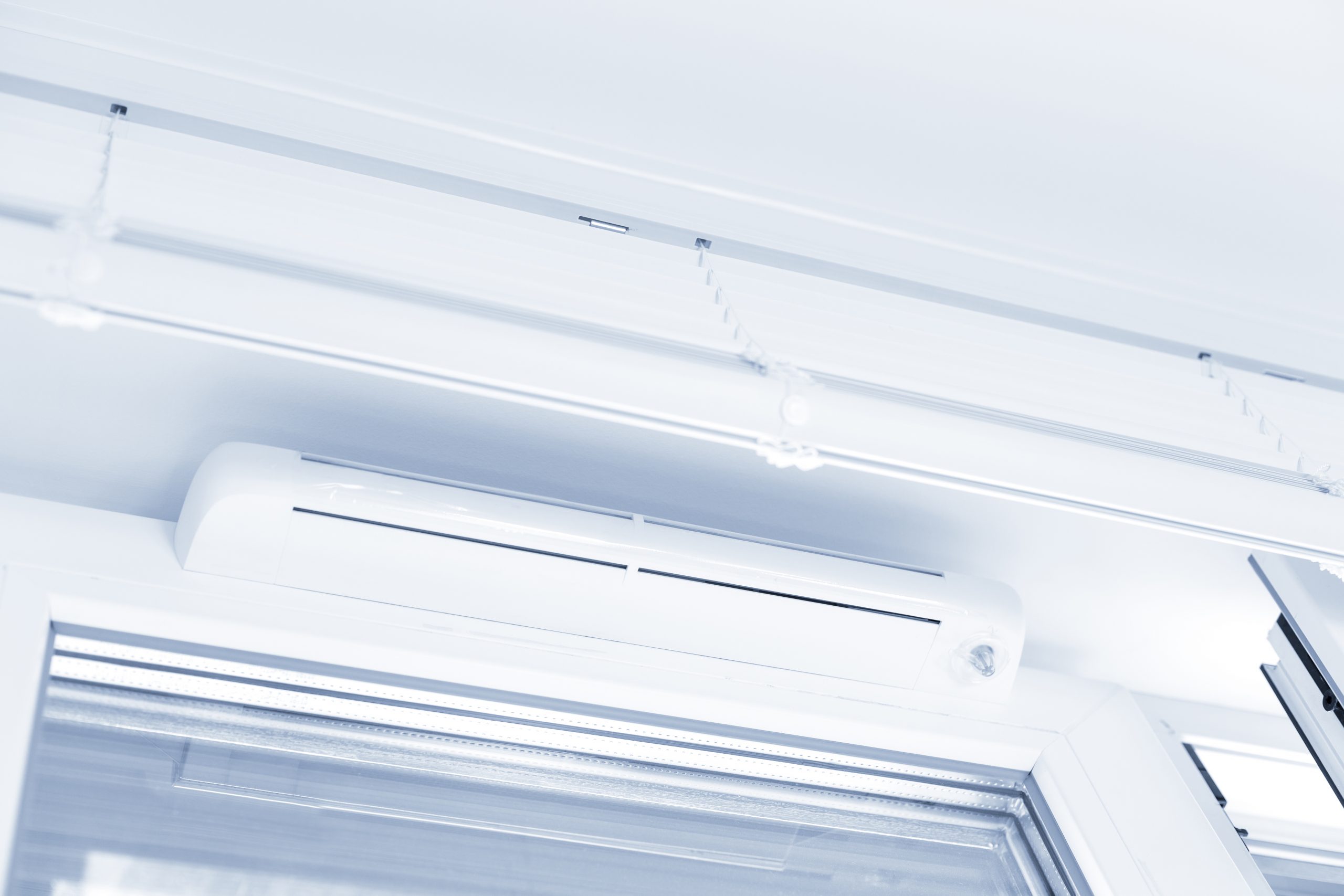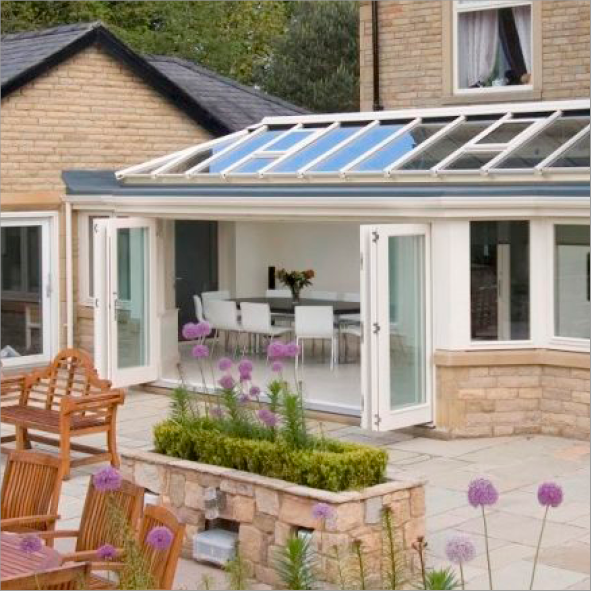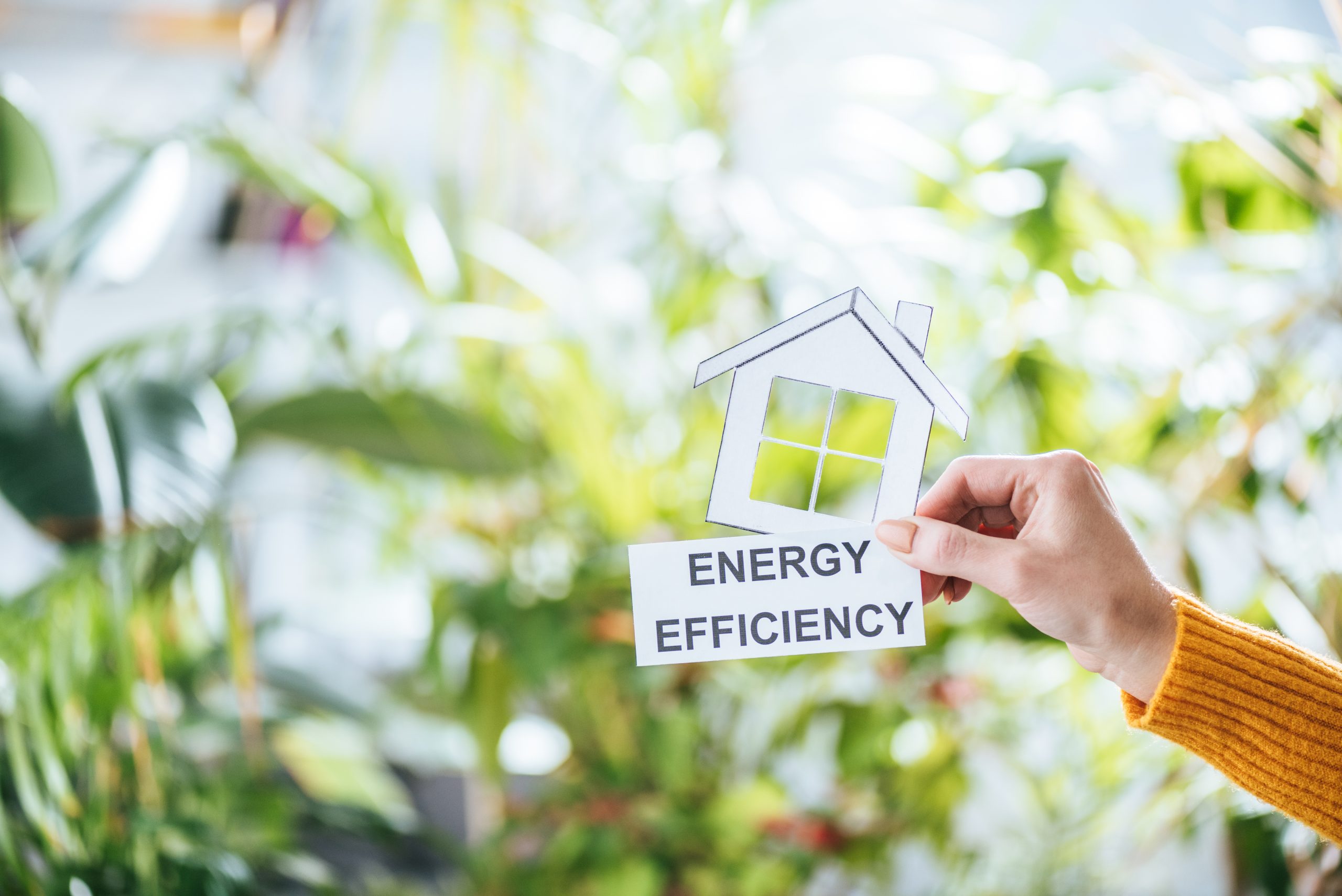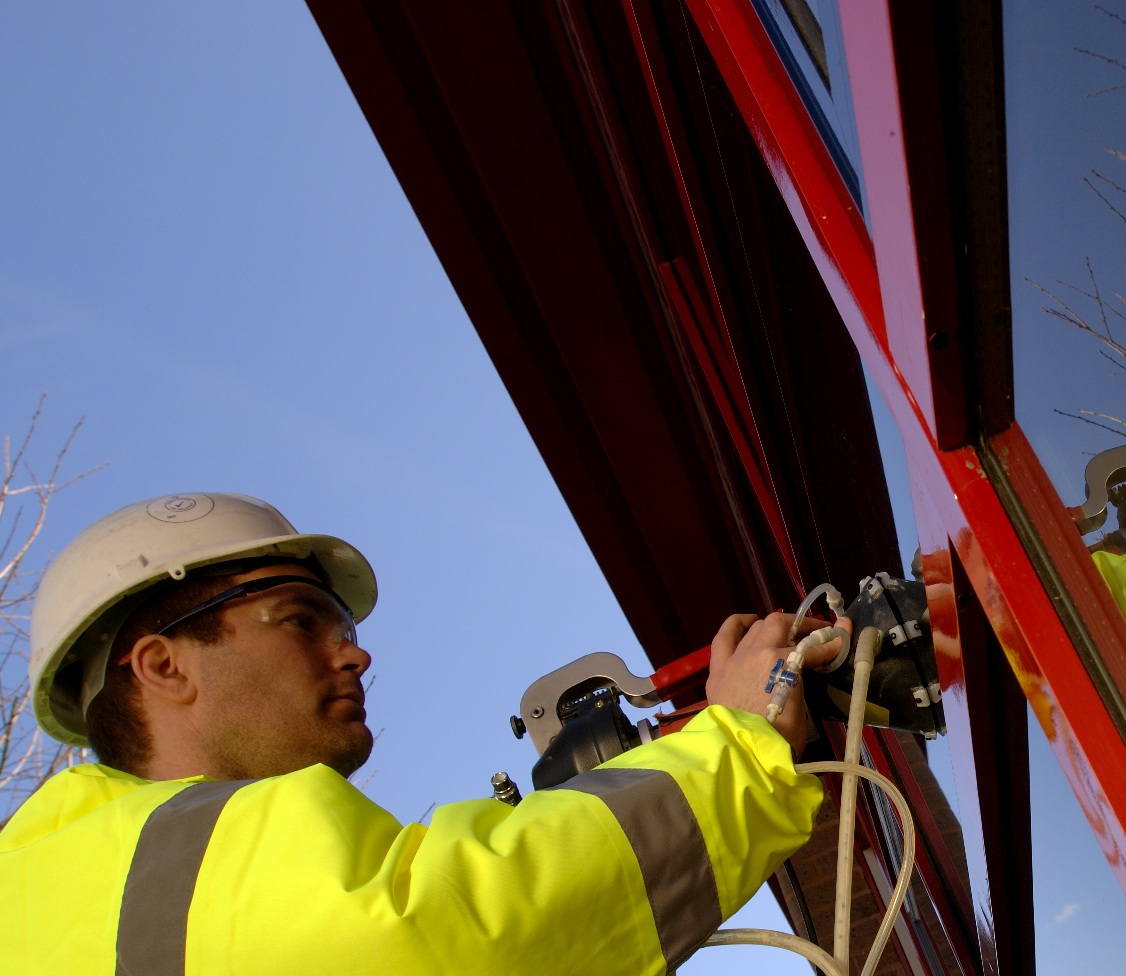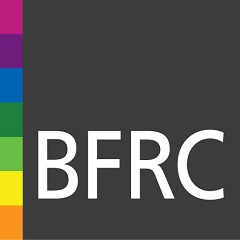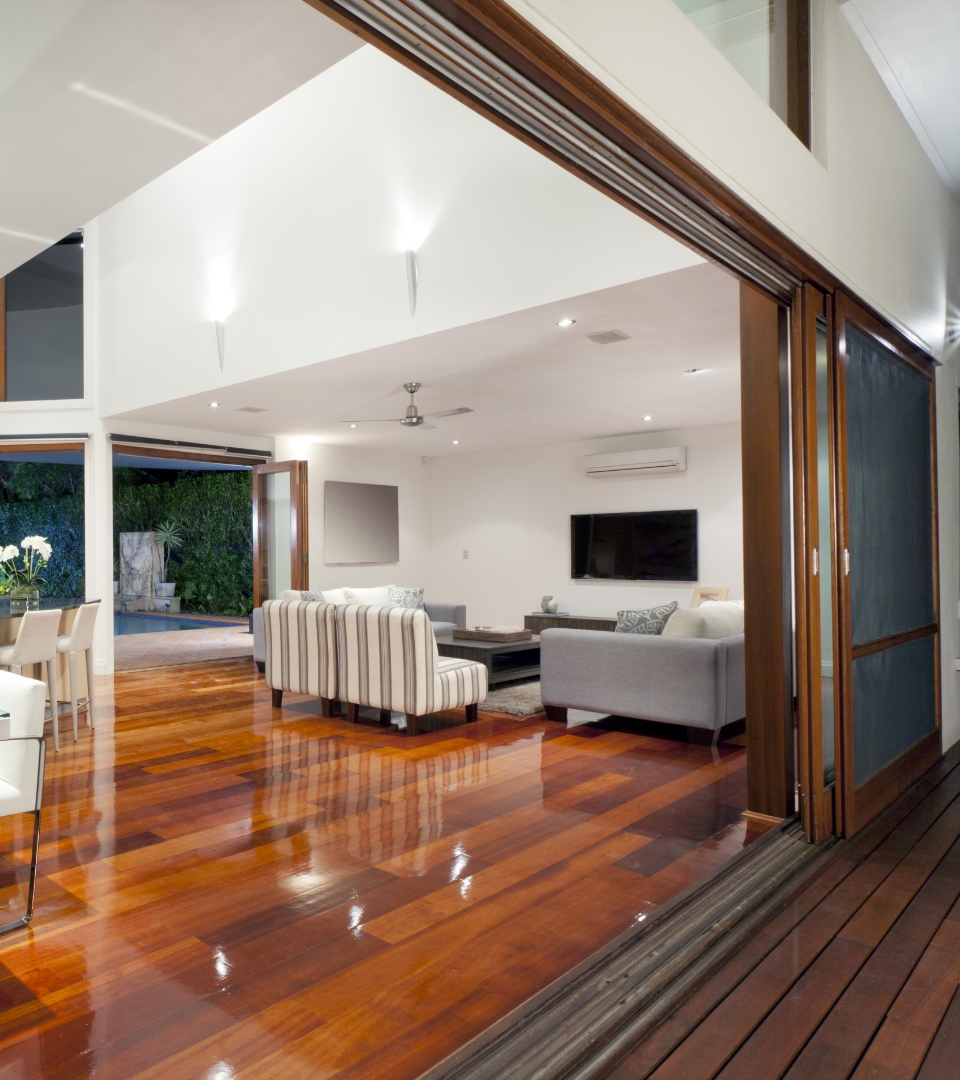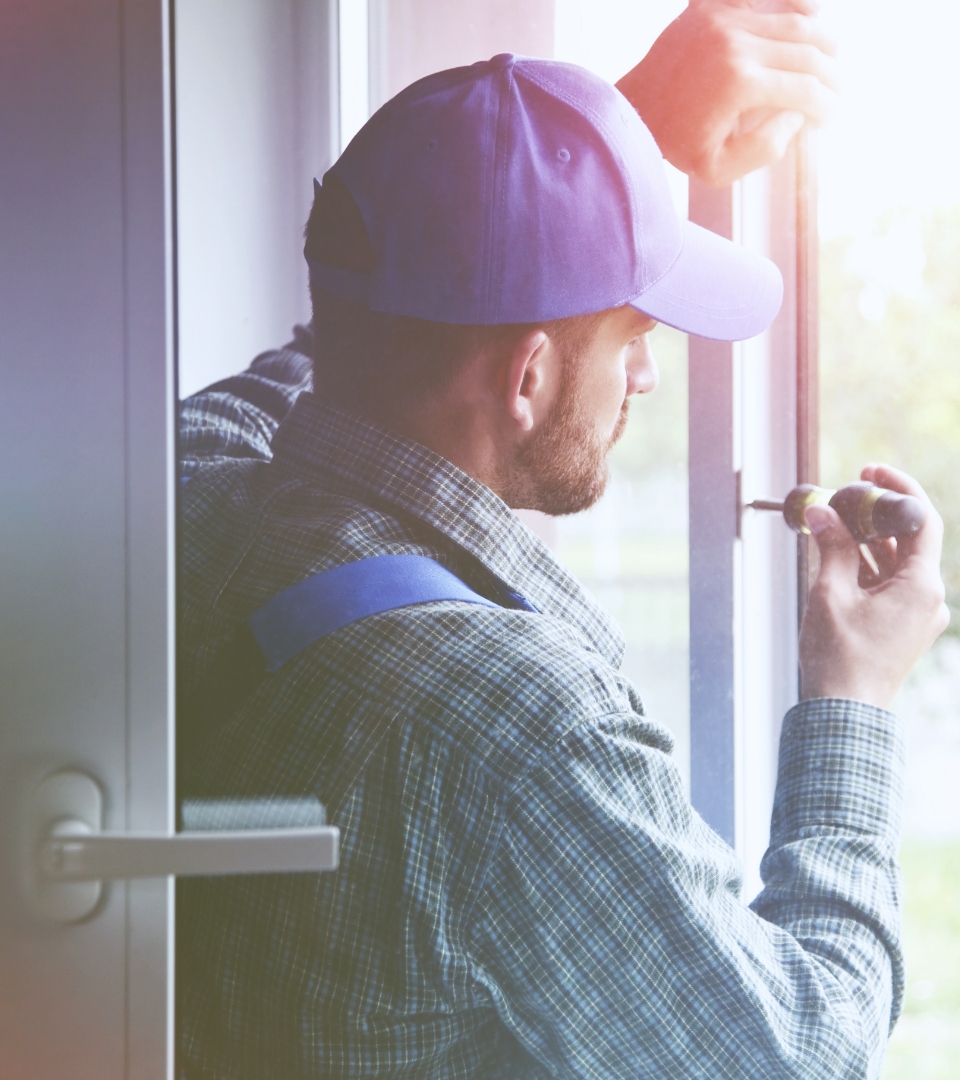Lack of energy awareness raises concern for the UK government’s 2050 net-zero target
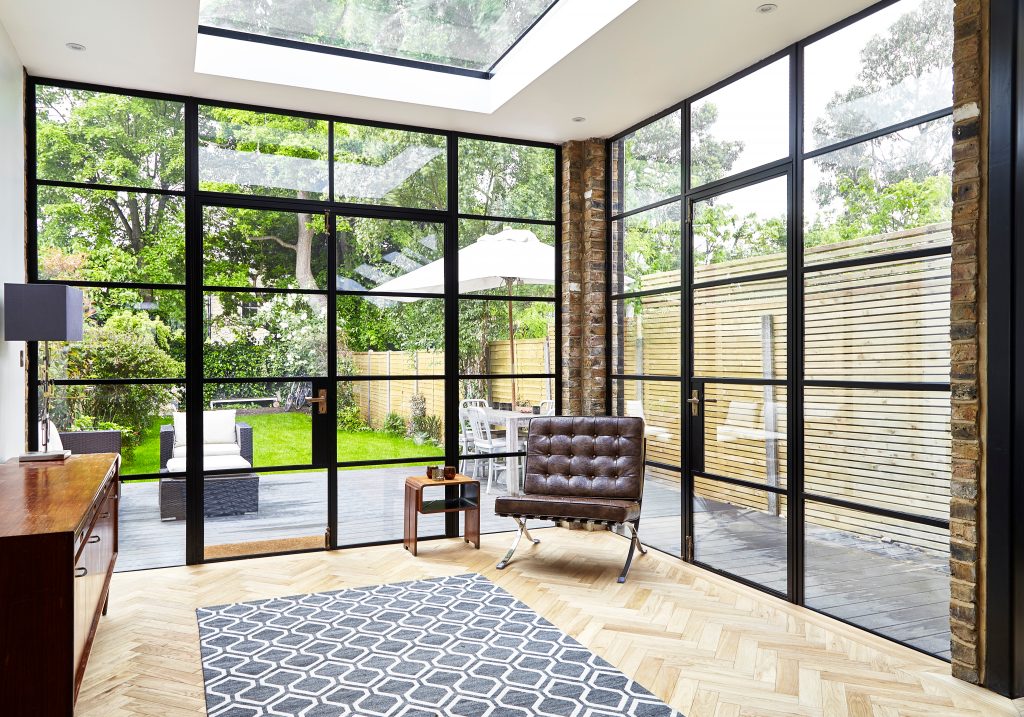
In a nationwide poll, we commissioned, over 1,000 homeowners and renters told us their thoughts on energy efficiency and home improvements. We found that just 16% of those surveyed understood what they had to do personally in order to make their homes more energy-efficient, and 27% reported the government needs to do more to help them understand how.
This timely data comes amidst a spiralling UK energy crisis, with millions of households set to face higher energy and heating costs.
More than one in five respondents reported their homes still have single glazed windows, and 28% told us that old, inefficient windows were impacting their home’s ability to conserve energy.
It was also uncovered that 27% of people cannot afford to make home improvements to reduce their emissions, and one in 10 feels doing so is too complicated.
28% of survey participants told us that they do not believe the UK will meet its 2050 net-zero target. This data comes following the 2021 COP26 UN climate change conference in Glasgow, where world leaders met to discuss and agree to decisive action on rising global temperatures. Furthermore, the UK government recently legislated for an ambitious target to reduce carbon emissions by up to 78% by the year 2035 – over three-quarters of the way to net-zero by 2050.
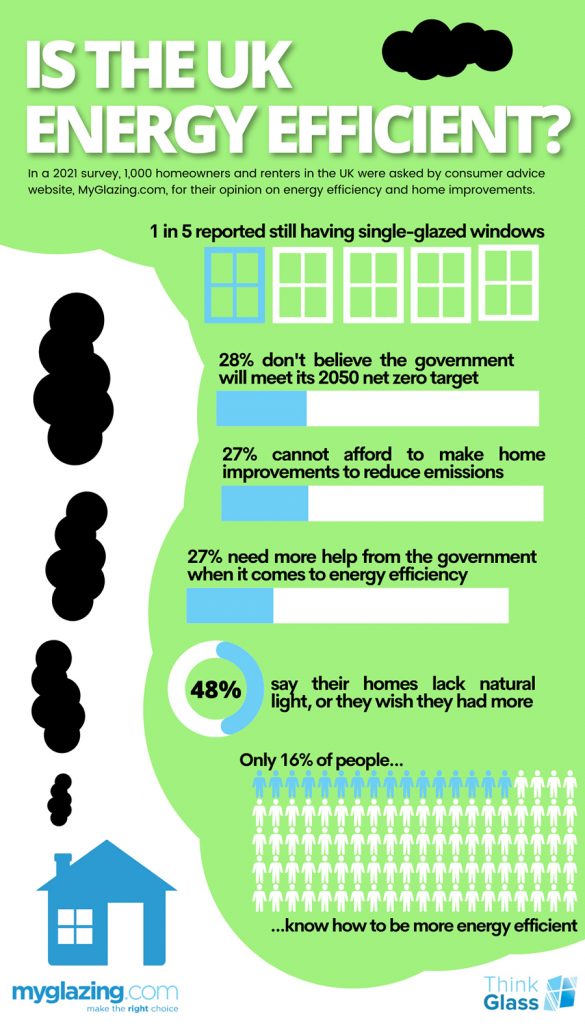
As well as concerns surrounding energy efficiency, we also uncovered that:
- 26% of those surveyed have poor ventilation in their homes
- 34% have damp in their homes
- 15% lose sleep due to home security concerns
- 22% say their windows are not fit for purpose
- 34% admit their homes have condensation
- 25% told us their homes have draughty windows
Perhaps now more than ever, many homeowners and renters will take the necessary steps to improve their home’s energy efficiency and carbon output. The difficulty is that they don’t always know-how and the best way forward.
We’re all spending more time indoors, and research shows the average person spends 90% of their time inside – so it’s crucial that the buildings we occupy, particularly our homes, are as efficient as possible. With the climate being something that’s increasingly on all of our minds, it’s vital we’re equipped with the knowledge and ability to make personal changes for the collective good – from simple, preventative measures to broader, more long-term solutions. Our survey data shows there is still a lot to be done to inform, educate and help people reduce their energy output.
Here are our simple and inexpensive tips on how to improve energy efficiency and carbon output at home:
- Draught proof. Think about gaps in your doors, windows and floorboards.
- Know your energy rating and u-numbers.
- Look after your windows. Wash, clean, maintain and inspect often.
- Insulate attics and lofts to prevent heat from escaping.
- Switch traditional halogen bulbs to LEDs.
- Defrost the ice in your freezer if it is more than ¼ inches thick.
- Adjust your clothing to fit the temperature in your home.
- Track and control energy usage on your phone to keep up-to-date.
- Switch off appliances and devices when you’re away – don’t forget the WiFi.
- Fix leaky faucets. Seemingly innocent drops of water soon add up.

 Emergency Glaziers
Emergency Glaziers GGF Shop
GGF Shop MyGlazing.com
MyGlazing.com Find a GGF Member
Find a GGF Member